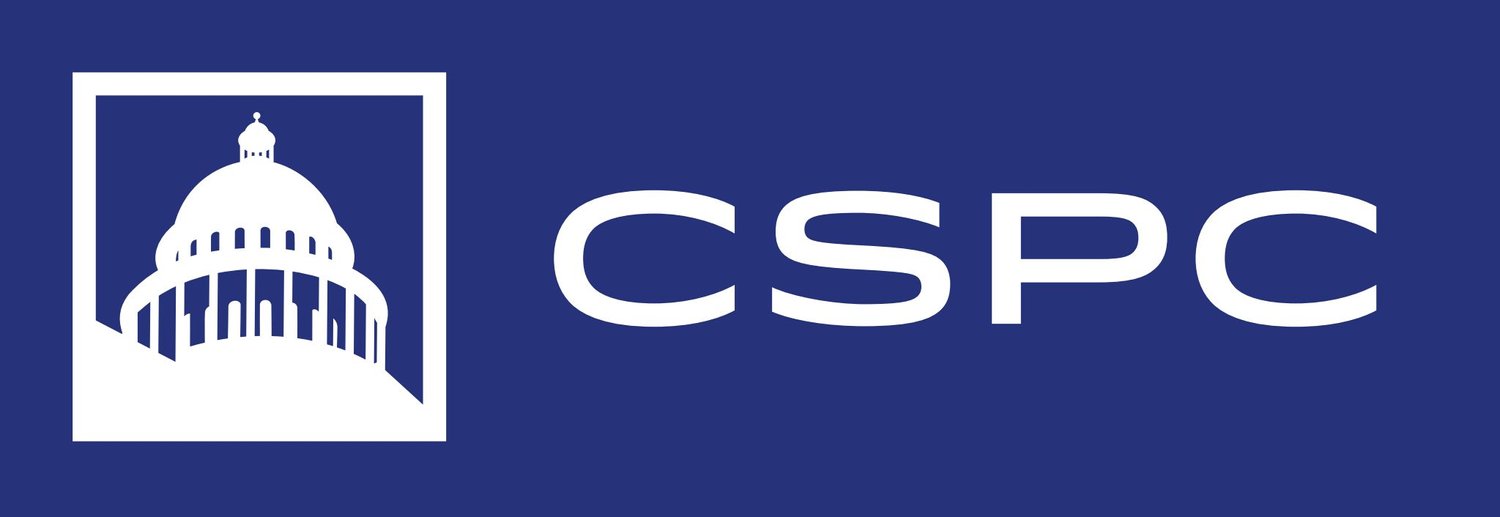Lessons for the 21st Century: Vulnerability and Surprise, December 7, 1941, and September 11, 2001
In September 2002, CSPC and the U.S. Institute of Peace convened a colloquium, chaired by Ambassador Richard Solomon, on lessons learned from December 7, 1941, and September 11, 2001:
“The panel’s proposals are intended to enhance leadership at the top, for which ultimately no organizational restructuring or technological advance can substitute. President Bush’s outstanding war leadership has demonstrated this point. But history shows that even a great war leader such as was Franklin Roosevelt, with his prior experience as Assistant Secretary of the Navy during WWI, could make a tragic mistake in leaving the Fleet at Pearl Harbor as a tempting target. A different system—one devised to challenge mindsets, make better use of intelligence, and cultivate more creative analysis—might have made all the difference.
Granted, the similarities between December 7, 1941 and September 11, 2001 are far from exact. Over time, without a more anticipatory system in place, devastating surprises are all the more likely. A reformed system today could also serve us far more broadly than just in mitigating surprise attack. By fostering creative solutions to new challenges and by furthering transformational breakthroughs in defense, science, technology, finance, and diplomacy, we can better shape the global strategic environment. But at the heart of this new system must be a new agility that encourages and rewards constant questioning of the “conventional wisdom” and produces a cohesive, strategic perspective, thus arming our leaders with America’s greatest strengths.”
PUBLICATION DETAILS
TITLE:
Lessons for the 21st Century: Vulnerability and Surprise, December 7, 1941, and September 11, 2001
PUBLICATION DATE:
March 1st, 2002
AUTHORS:
David M. Abshire

